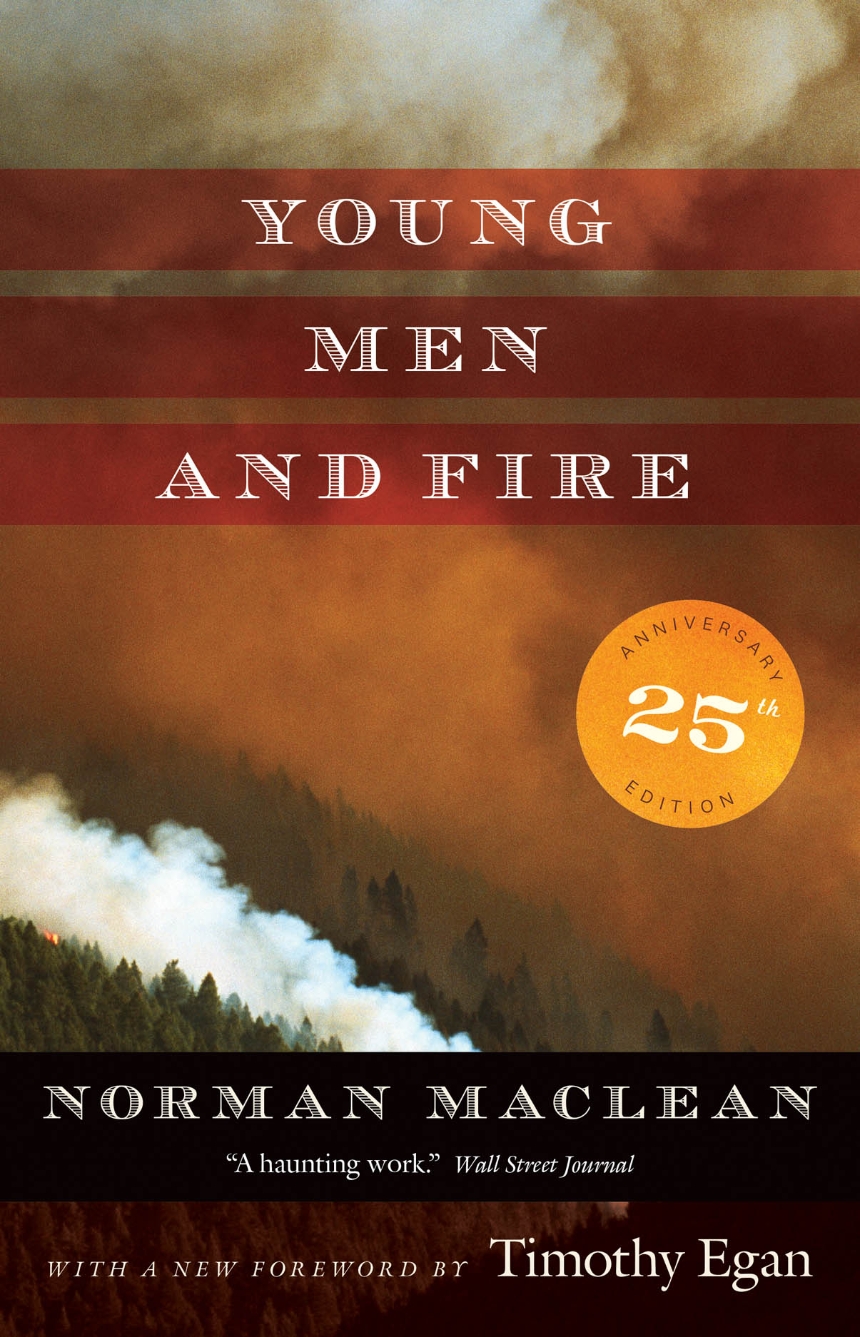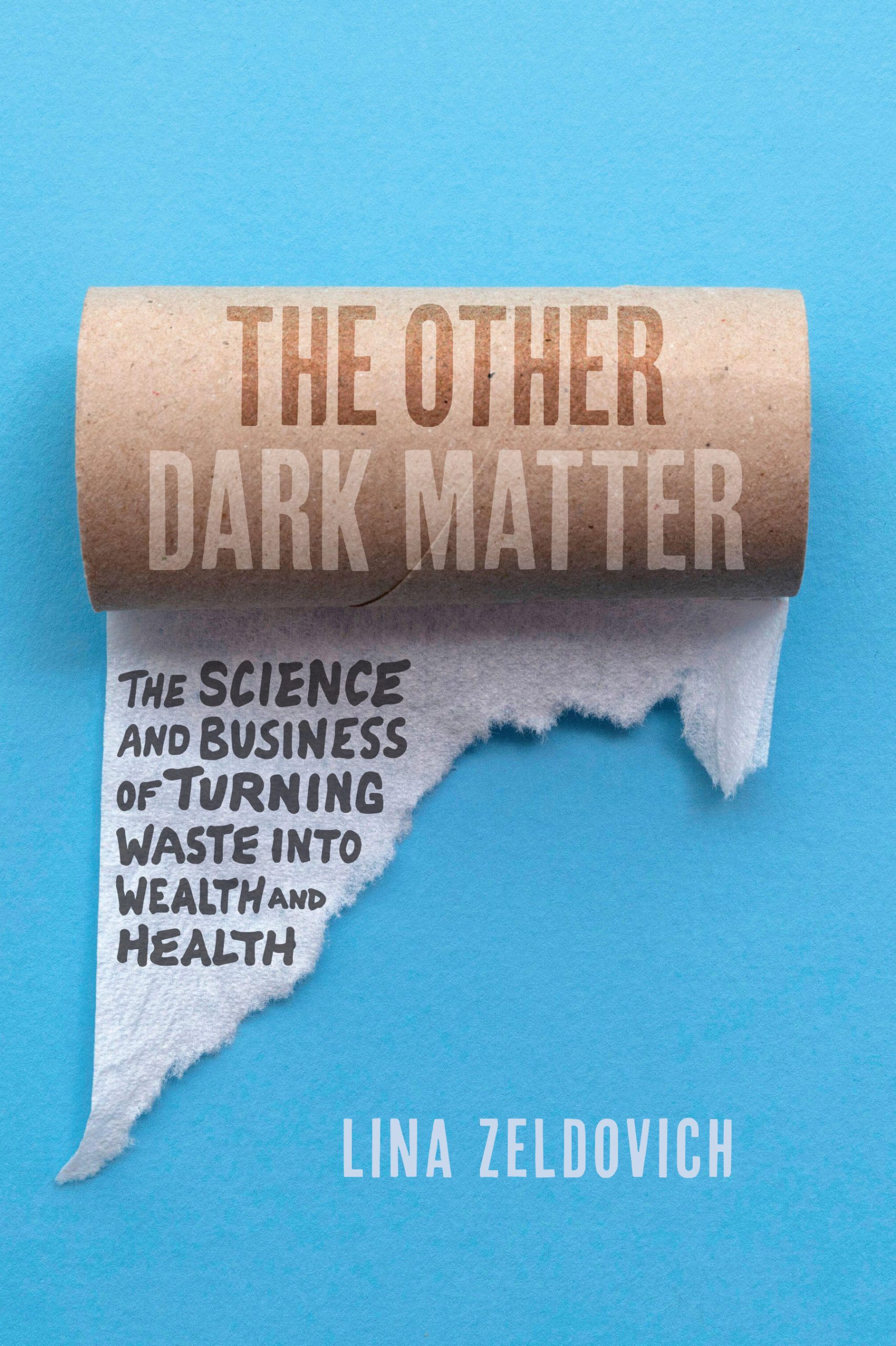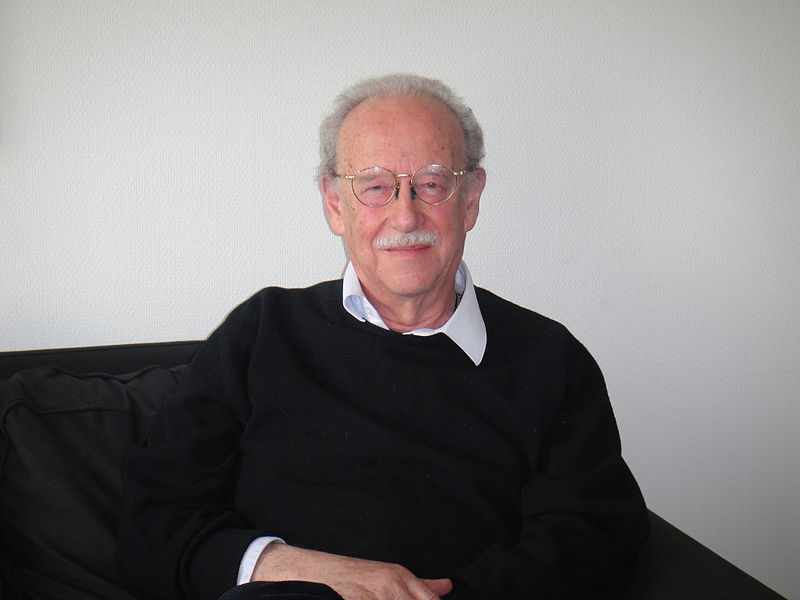Guest Post from Gioia Diliberto, author of Firebrands: The Untold Story of Four Women Who Made and Unmade Prohibition A radical social/political movement has taken
August 5, 2024, marks the seventy-fifth anniversary of Montana’s deadly Mann Gulch fire, immortalized by Norman Maclean in his best-selling book, Young Men and Fire.
A Guest Post by Sandro Galea, Catherine K. Ettman, and Muhammad H. Zaman, the Editors of Migration and Health In the Egyptian resort town of Sharm El
In Democratize Work: The Case for Reorganizing the Economy sociologists Isabelle Ferreras, Julie Battilana, and Dominique Méda interrogate how capitalism has dwarfed democracy, leading to
In The Superhumanities: Historical Precedents, Moral Objections, New Realities, Jeffrey J. Kripal forwards a bold challenge to rethink the humanities as intimately connected to the
It is with a deep sense of loss that we share news of the passing of author Sara Suleri Goodyear, at age 68. Her family
In The Other Dark Matter: The Science and Business of Turning Waste into Wealth and Health, journalist Lina Zeldovich reveals how human excrement can be
January 6, 2021, will forever be marked in history as the date of the Capital riot. Now that we’re a year out, what does this
In Neuromatic: Or, A Particular History of Religion and the Brain, John Lardas Modern offers a powerful and original critique of neurology’s pivotal role in
In honor of Press author and scholar Kristofer Marinus Schipper, Franciscus Verellen, coeditor of The Taoist Canon, offers this tribute. The doyen of Daoist studies








